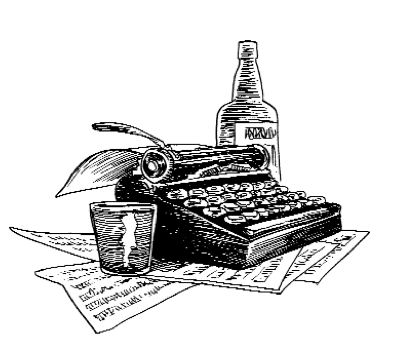It’s hard to be a writer of scandalous fiction these days. By this I don’t mean a scandalous writer, a bad-boy or girl, which is more a matter of addictions and tattoos, a penchant for personal insult. Calling a better or better-known writer a fraud or a wuss makes for fun copy, but it doesn’t exactly shake the walls of the temple. No, what I mean by scandalous is work that provokes and infuriates with uncanny precision. Assaults on current pieties are a necessary ingredient, but just as important is the pose struck while committing these assaults. This pose, or stance, at its most successful, tends to be a mixture of humor and self-disgust, and its strength, its imperviousness (the infuriating part), stems, like many strengths, from weakness. Criticize, condemn, it says. I already know I’m hopeless, so I will speak my truth, which is that you’re hopeless, too.
What’s hard about this stance is not always a question of writerly technique. Tougher than hitting upon the right combination of self-deprecation and naughtiness is getting people to give a shit. Mostly, the literary culture doesn’t give much of a shit. Mostly, there’s nothing you could call “literary culture.” People who maybe once felt obligated to pay attention to new books have donned the adult diapers of Harry Potter-worship. (Just recently a twenty-one-year-old Madrid woman burned her house down trying to concoct a potion in emulation of her hero.) For the more discerning, those who prefer existential complexity borne without the crutch of magic broomsticks, any number of self-reflexive cable dramas usually suffice.
This is all supposing that somebody would want to write scandalous fiction, hurl that quaint-seeming “gob of spit” Henry Miller acolytes once dreamed about. Most serious writers don’t bother anymore, and they’re probably right. It might be better to carve out private nooks of language or delve into obscure but somehow relevant historical events than attempt to write disturbing and/or edifying novels about The Now, which is to say, life as it might be experienced at or near this very moment. Though The Now, for any writer, is contingent, contextual, ultimately limited to a given milieu with its given specificities, some fiction examines the feeling in the air more than others. I’m not referring to the reportorial novels Tom Wolfe has written and advocated so much as works of the imagination that regard current experience worthy of the artist’s aesthetic filtering. This attempt to “keep up” is a project Philip Roth famously declared impossible over forty years ago, long before the Internet and twenty-four-hour news made it true, and it’s remained an undertaking many writers avoid. The pitfalls are deep and many. Writers who approach The Now head-on...
You have reached your article limit
Sign up for a digital subscription and continue reading all new issues, plus our entire archives, for just $1.50/month.
Already a subscriber? Sign in





